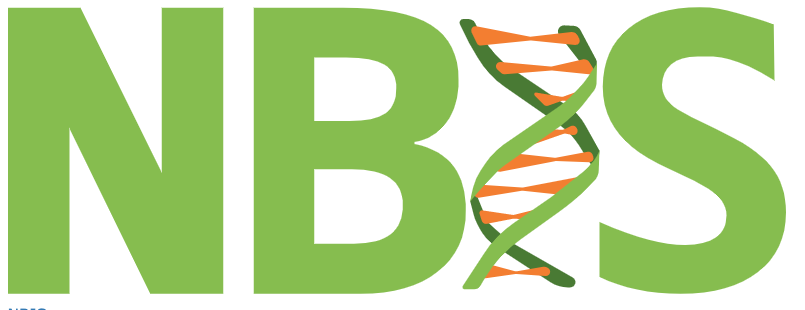Training materials
-
lessons
Tableau for beginners
• beginnerData visualisation Tableau Data Visualization Data visualization data visualisation data visualization -
lessons, e-learning
Introduction to Data Management Practices - Data Management Plans
 • beginnerData management FAIR data Open science CONVERGE Data Stewardship Wizard Data management plan
• beginnerData management FAIR data Open science CONVERGE Data Stewardship Wizard Data management plan -
lessons, e-learning
Introduction to Data Management Practices - Versioning of data and code using Git
 • beginnerData management FAIR data Software engineering RStudio CONVERGE README
• beginnerData management FAIR data Software engineering RStudio CONVERGE README -
lessons, e-learning
Introduction to Data Management Practices - Introduction to RStudio
 • beginnerData management FAIR data RStudio CONVERGE README
• beginnerData management FAIR data RStudio CONVERGE README -
lessons, e-learning
Introduction to Data Management Practices - Scripted analysis with R
 • beginnerData management FAIR data Bioinformatics Data visualisation RStudio CONVERGE ggPlot
• beginnerData management FAIR data Bioinformatics Data visualisation RStudio CONVERGE ggPlot -
lessons, e-learning
Introduction to Data Management Practices - Cleaning tabular data with OpenRefine
 • beginnerData management Open science FAIR data FAIR CONVERGE
• beginnerData management Open science FAIR data FAIR CONVERGE -
lessons, e-learning
Introduction to Data Management Practices - Data publication
 • beginnerData management Open science FAIR data FAIR CONVERGE
• beginnerData management Open science FAIR data FAIR CONVERGE -
lessons, e-learning
Introduction to Data Management Practices - Metadata
 • beginnerData management FAIR data data organisation FAIR CONVERGE ontologies metadata Controlled vocabularies
• beginnerData management FAIR data data organisation FAIR CONVERGE ontologies metadata Controlled vocabularies -
lessons, e-learning
Introduction to Data Management Practices - Data organisation practices
 • beginnerData management FAIR data data organisation FAIR CONVERGE
• beginnerData management FAIR data data organisation FAIR CONVERGE -
lessons, e-learning
Introduction to Data Management Practices - Open Science and FAIR
 • beginnerData management Open science FAIR data FAIR CONVERGE
• beginnerData management Open science FAIR data FAIR CONVERGE
